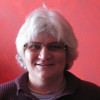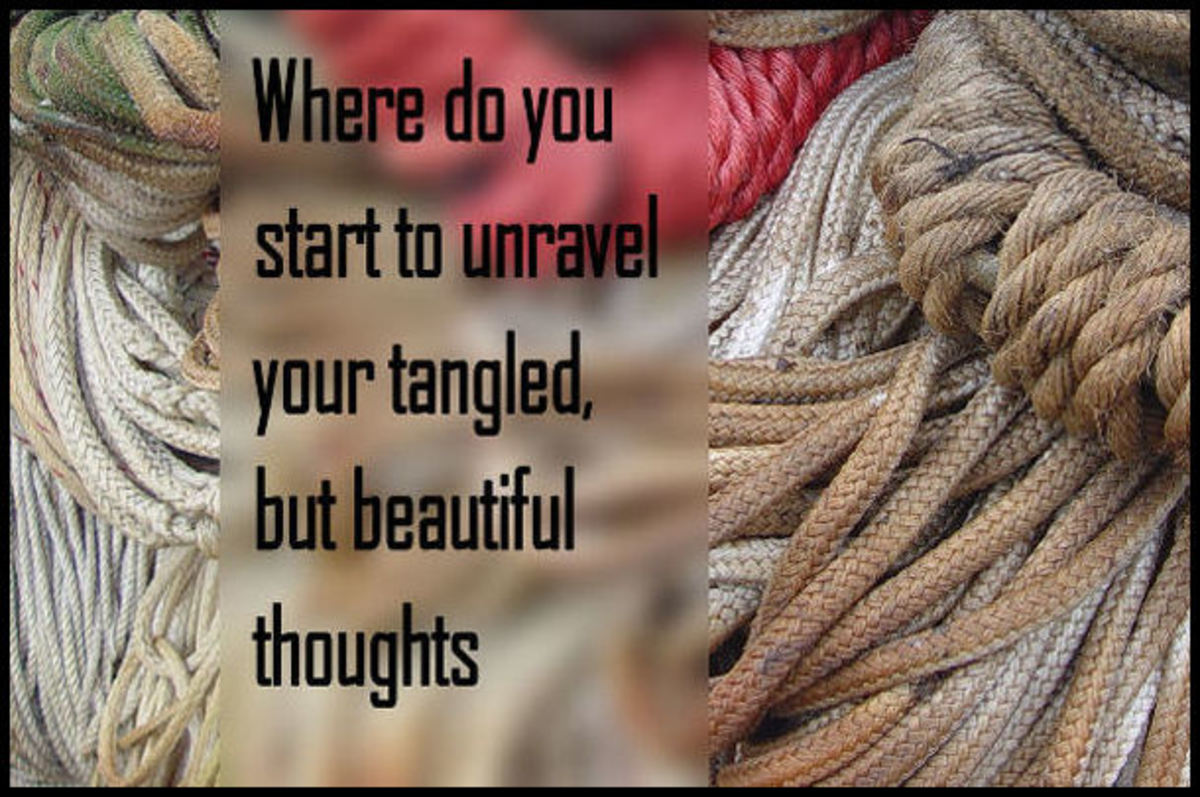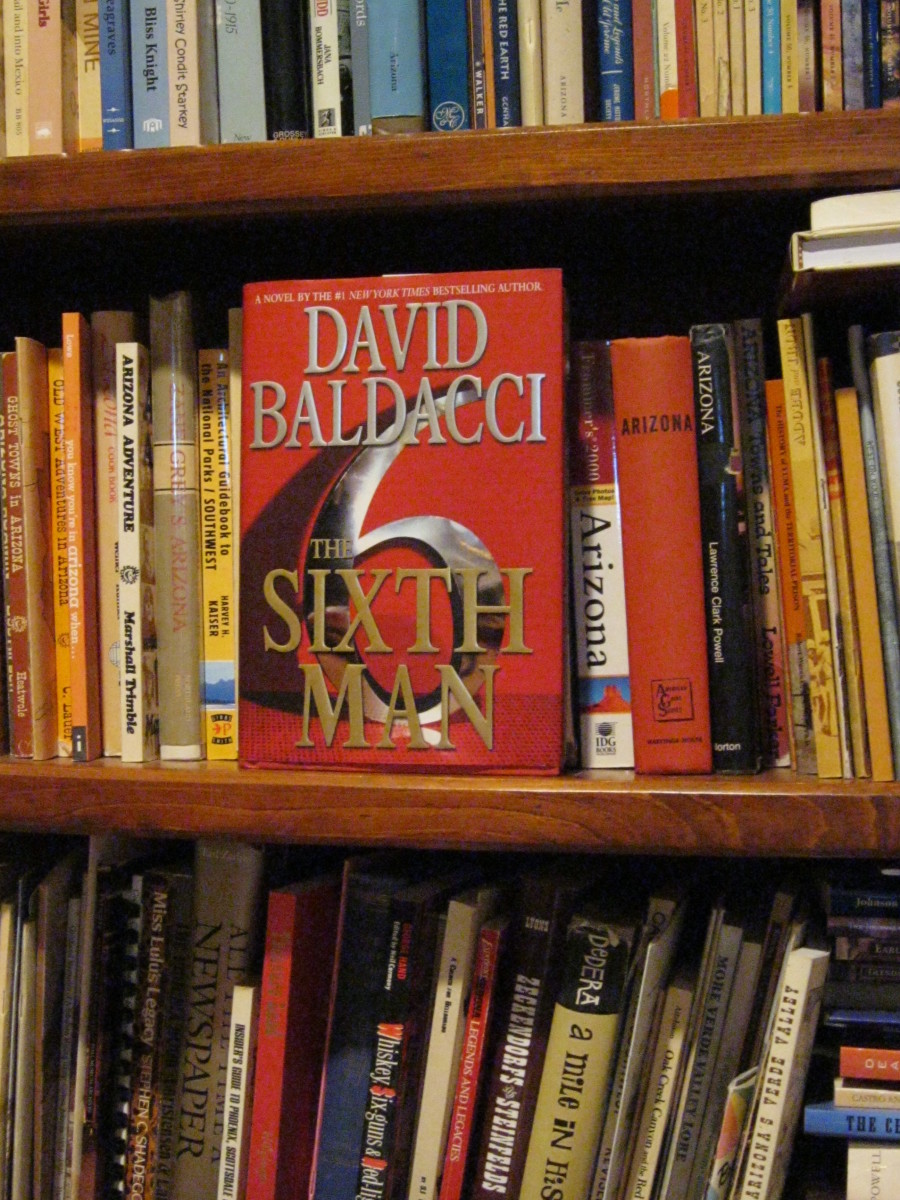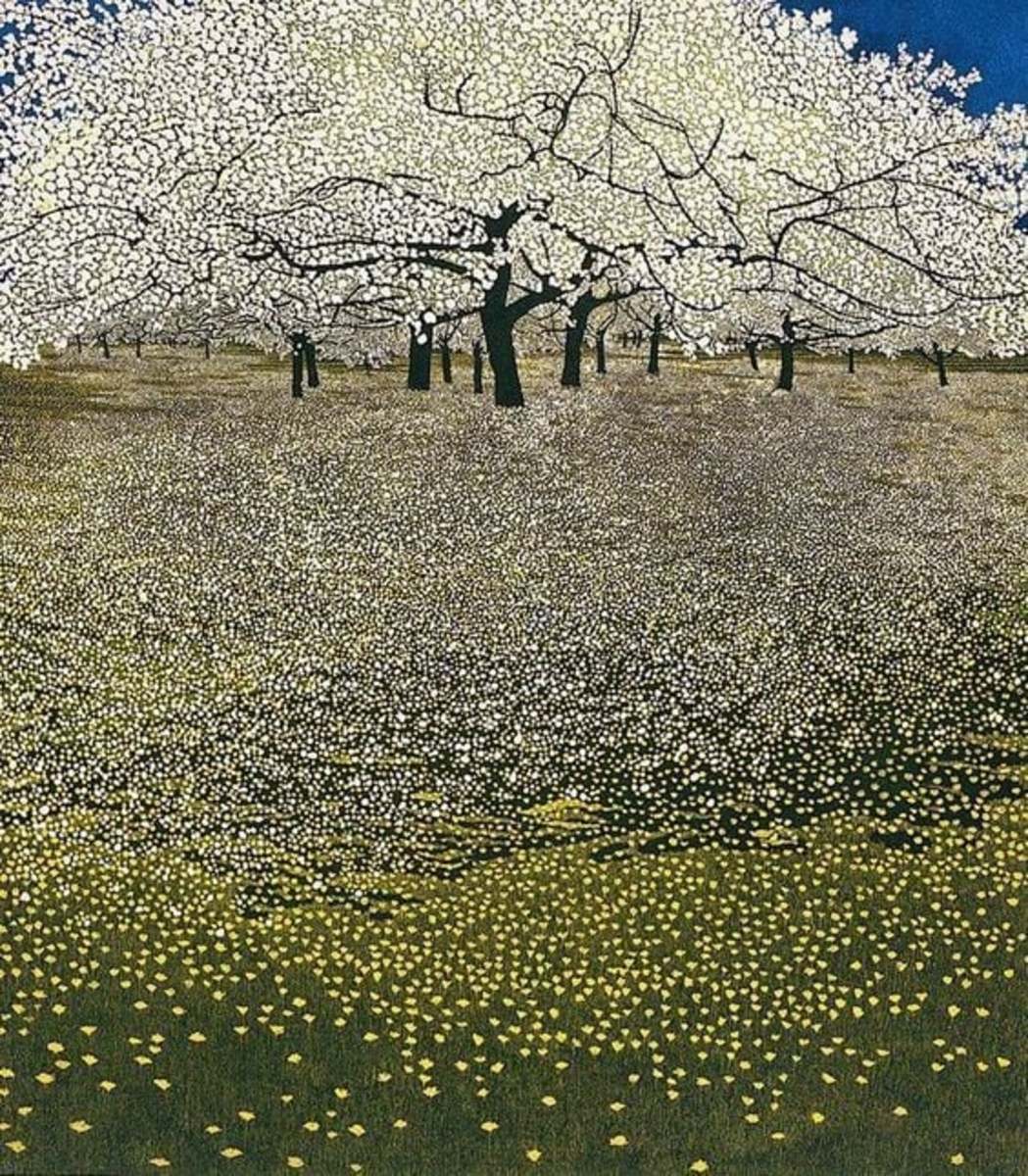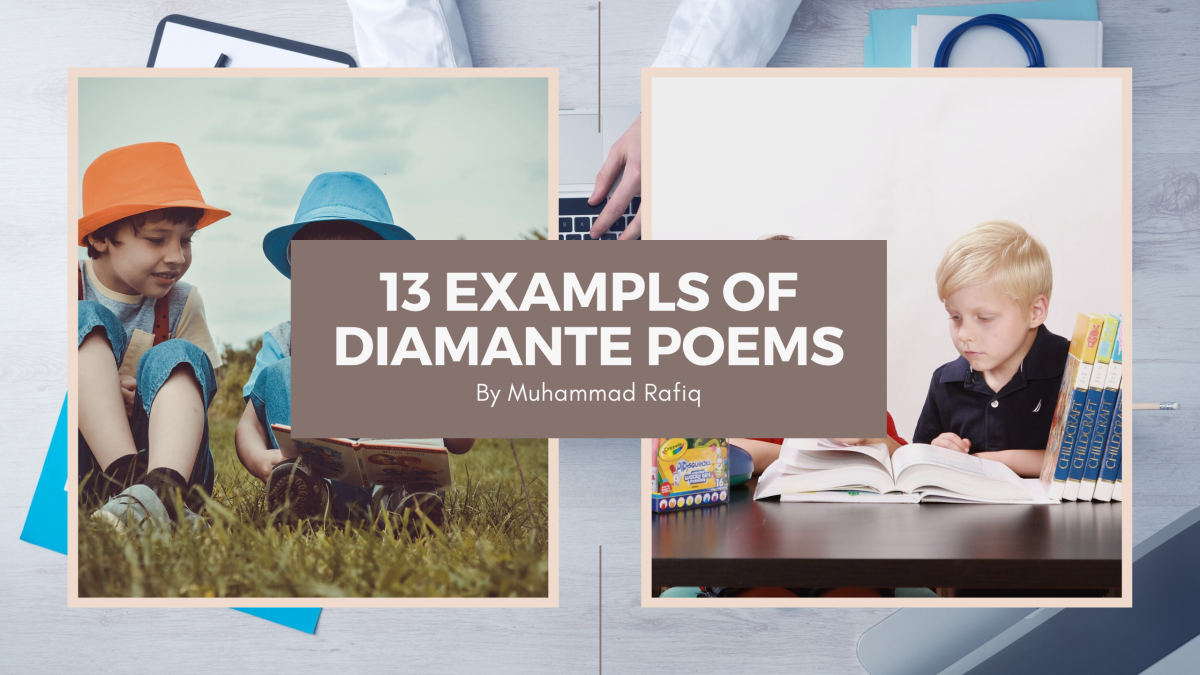Interview: David Kopaska-Merkel, Speculative Poet
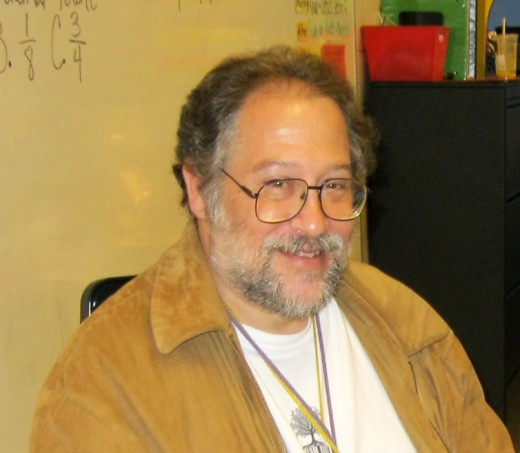
About David C. Kopaska-Merkel
David C. Kopaska-Merkel wears many hats. As a poet, editor, acting president of the Science Fiction Poetry Association, geologist, fiction writer, collaborator (on writing projects, I mean), and avid supporter of other poets and writers, Kopaska-Merkel certainly has his hands full. It makes you wonder how he keeps up with it all.
In this interview, Kopaska-Merkel gives readers a little insight on how he manages to juggle it all, and also lets us in on some of the secrets of his success.
The Interview
SB: David, you wear many hats in the speculative poetry and fiction field. You are an editor, a poet, and a writer of fiction, as well as a tireless supporter of other writers, current president of the Science Fiction Poetry Association, and... what have I left out? How do you keep up with it all?
DKM: I am one of those who finds it difficult to say no. That's why I am not only president of the Science Fiction Poetry Association, but also the president of the Southeastern Section of the National Association of Geoscience Teachers, which is a whole different kind of hat. But to answer your question, I keep up with it all with great difficulty. Where would I be without people reminding me of what I was supposed to do?
To paraphrase Rabbi Hillel, if I am not a poet, who am I? Although I was a fiction writer first. I started writing poetry when we were expecting our first child (in 1982), on the theory that I would only have time to complete short writing tasks. That proved to be more or less true for many years.
SB: Dreams and Nightmares is one of the most respected publications in the speculative poetry field. Could you share a little bit of background on how the magazine got started? And maybe let us in on the secret of keeping it up and running for so long and so successfully?
DKM: When I started writing genre poetry I only knew of one or two other magazines. This was before the Internet and I had few contacts (none) among genre poets. So I started Dreams and Nightmares (in 1986) to fill this perceived gap. There actually were a few magazines I didn't know about and that I gradually became aware of, but that was the initial impetus. I started printing a one-page magazine on a dot-matrix printer. I think I printed 30 copies of the first issue. It included a poem by me that was published pseudonymously.
I think the main reason I was able to continue publishing for so long is that I never bit off more than I could chew. I never tried to make the magazine look really fancy, which would have cost more than I could afford. The other reason is that if I stopped publishing the magazine I would have to write subscribers and tell them, and refund their money. It wouldn't have been very many people in those days, but I just didn't want to do it.
Find David C. Kopaska-Merkel's work at Amazon
SB: Is there a difference between the sort of reading you do when you are looking at a manuscript with an editor's eye vs. a writer's eye? How different is the process of editing a magazine from the process of reading and evaluating your own work?
DKM: There is a difference between reading as an editor and reading as a reader. As an editor, I read a lot more critically. I read very quickly, and if something throws me out of the poem, interrupts my suspension of disbelief, then out it goes. I wish I did read and evaluate my own work more than I do. I tend to just write it, tweak it a little bit, and put it out there. I guess I don't trust myself to objectively evaluate my own writing. It's not that I think there's something magical about the process of literary criticism, it's more that I know I'm not good at it. If I had to choose which of my poems were the best and compared my choices to those that win awards, or even get positive feedback, well, it would be kind of depressing.
SB: How different is your writing process for poetry as compared to fiction?
DKM: For me, the writing process isn't very different. When I start writing, I usually do not know the end. This is true for stories and for poems. It's more of a problem for stories, because if I never come up with a good ending, I have invested a lot of time in something that will never be finished. If I start a poem and don't finish it, I haven't lost very much. Especially since I tend to write very short poems!
This is a true story. In 1987 or '88 I met Geof Huth, a poet very seriously interested in form and language, especially pushing the boundaries of language. He publishes a very small periodical called The Subtle Journal of Raw Coinage. This consists of invented words and nothing more, other than the colophon of course. We met at a party at the house of Mike Gunderloy, the founder and then publisher of the market magazine Factsheet Five. Anyway, I had never heard of the kind of poetry that Geof was writing and publishing. When he suggested I submit some things to him, I wasn't sure quite what to do. I knew that nothing I had ever written would be appropriate. So I just wrote some stream of consciousness bits and kept them very short. I didn't believe they were poems, but I submitted them anyway and he accepted, ultimately, quite a few of them. I always felt like I had put one over on him. If he reads this interview that will be the first he has heard of it. But really, did I put one over on him, or did I write poems the value of which I am incapable of recognizing? I don't know. But that's when I started writing without plan, at least at the initial stage. If it seems that the more or less unplanned poem fragment has promise, then I try to direct its subsequent evolution.
David C. Kopaska-Merkel reads his poetry
SB: Do you write outside of the speculative genres? If so, what sort of work have you done? If not, would you consider branching out?
DKM: I assume you mean poetry and fiction, because I do a lot of technical science writing. Occasionally I write poems for my wife that are not speculative. I don't try to publish these love poems. I have written some children's poems and children's stories, but these are all speculative. I have written a few brief autobiographical essays, mostly concerned with what it's like living with a disability (I am confined to a wheelchair because of a spinal cord injury that resulted from a car accident). I guess I have never really considered branching out into other kinds of literature. I enjoy reading murder mysteries, for instance, but I'm not good at intricate plots.
SB: Your poetry is included as required reading for a college class. Which of these departments would that class most likely be in: biology, philosophy, linguistics, anthropology, ethics, astronomy?
DKM: It's hard to imagine my poetry being included as required reading for any college class. Perhaps a class in science fiction literature. If I answer what I think you're really asking, which of these fields include questions or subjects that I cover in my poems, I would say anthropology or ethics. I am pretty interested in the ends of cultures, though I think it would be hubris to suggest I've added anything meaningful to the subject.
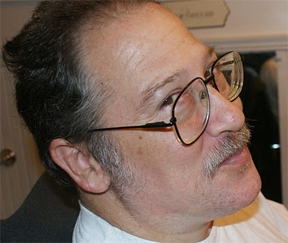
SB: You've done a good bit of collaborating with other poets, especially Kendall Evans. How does the collaborative process differ from writing on your own? What makes an ideal collaborative project?
DKM: Writing a collaboration is totally different from writing a poem on your own. At least it is for me. I have only collaborated 3 ways: 1) writing an exquisite corpse, in which each poet takes turns adding lines without the benefit of seeing what the other people write; 2) writing something with a formal structure (a rengay, with Debbie Kolodji), in which we alternate stanzas; 3) a looser alternation in which each poet may add some lines and also may edit any pre-existing lines. This is what I have usually done, and what I have always done with Kendall Evans.
Even though I have mostly collaborated this way, with an informal sort of alternation, I would not necessarily say that's the ideal way to do it, for me or for poets in general. It is what Kendall and I have done from the beginning, and it seems to work. I have never suggested we try a different method, because what we are doing works well. This is another example of me mistrusting my evaluation of my own work. I do not necessarily think that our collaborations are substantially better than my solo work. However, we have a much greater success rate placing our collaborations in high-profile venues (such as Asimov's), and my only Rhysling winning poem was a collaboration with Kendall.
SB: What is it about speculative poetry that draws you to it?
DKM: I read science fiction and fantasy, so that is what I write.
SB: Do you prefer reading online or reading print books?
DKM: I am pretty old-fashioned, and I prefer reading print books. I can see trying to read in digital form on a long trip, but I think I would be more likely to get a tablet or e-reader than to try to read online. Perhaps the main reason I haven't made the switch already is that if you lose or destroy a paperback you don't lose nearly as much money as if you did the same thing to an e-reader.
SB: Describe a typical day of writing for you.
DKM: Is there a typical day? I go to work. I come home. I answer e-mail, at least the important stuff. At that point, if I am not too tired, I write until I am too tired. On a weekend day, I do my chores and then start to write. I write in my spare time, so I write more when I'm not in the middle of a particularly good book.
SB: How many hours a week do you spend writing? Reading?
DKM: I probably spend about 15 hours per week reading. I do not spend that long writing. Probably the only exceptions, with regard to poetry and fiction at least, have been when I was trying to complete a book manuscript. I published a book of flash fiction a few years ago. When I assembled the manuscript it was about 25 stories too short. I wrote several flash fiction stories a week until I had enough.
SB: Which publication first accepted your work? Do you remember the editor's name? What made him/her memorable?
DKM: You know, I don't remember. If my files were more organized I might be able to find out. Originally, I was keeping track of the things I wrote and sent out for review on index cards. Eventually, with great reluctance, I switched over to a spreadsheet. I never transferred very many of my early works to the spreadsheet, so the only way I could see anything about what happens to them is to look at the index cards, which fill three ordinary file boxes. The other thing is that I have used several different computer systems over the years, and I never transferred all of my files of poetry and fiction each time I moved to a different platform. I started on a Commodore 64. I used 5.25” floppy disks and my backup files were printed on a dot matrix printer. I may still have all of those, but I'm not sure where. Anything written before about the year 2000 is hard to find.
One thing I do remember is that I sold a poetry chapbook manuscript to some publisher very early on. Probably back in the 1980s. They went out of business before publishing my chapbook. That's not the only time this has happened to me!
One more thing about those early poems. Most of them were terrible. Even the ones that were published. It's not a bad thing that they are now virtually impossible to find. Some of the least bad of those were published in Janet Fox's market magazine, Scavenger's Newsletter.
Find More of Kopaska-Merkel's Work
- Smashwords — Book Search: "david kopaska-merkel"
at Smash Words - Twitter
at twitter - AnthologyBuilder: create your own science fiction or fantasy anthology
at Anthology Builder
SB: Is there any particular resource you'd recommend writers of speculative poetry take advantage of?
DKM: I like duotrope.com. It is a searchable market list that I think is easier to use than any of the others I have tried. Its nicest feature is that you can easily search by a wide variety of criteria. Also, the results appear alphabetically by title
SB: Is there anything you've been waiting for me to ask that I've left out?
DKM: Do you have a favorite of your own poems? No, although some of the very short ones are collectively my favorites. Do you have a favorite speculative poet? I am particularly fond of the vampire poetry of Wendy Rathbone. What are your pseudonyms, and why do you use them? Lawrence Harding, Gloundan Smorpian, assu. I think there was at least one more. Lawrence Harding was a name I used for an author of lovecraftian horror poetry. I created him so that I could add a bit of realism to a short story in which a lovecraftian poet named Lawrence Harding was killed by one of those eldritch horrors one expects in such stories. Assu I started using when I joined the scifaiku list on Yahoo.com, because many of the poets there use Japanese sounding pseudonyms on the list. The name is pronounced “achoo!” I use Smorpian in Dreams and Nightmares for very short poems that I use essentially to fill space. This is a name I used in high school in an underground newspaper characterized by very low humor. So, three completely different reasons.
SB: Where can readers buy your books?
DKM: Some of them can be bought from me. Others can be found at Smashwords, or at the Sams Dot publishing store.
SB: What can we look for next from David Kopaska-Merkel?
DKM: I don't know. I do have a book of children's poems coming out from Sams Dot. The title is The Edible Zoo. I originally wrote the poems for my eldest daughter when she was a couple of years old. I printed up a little book and gave copies to all of my young nieces and nephews. I did also sell a few copies. My younger daughter is nine years younger, so I self published another edition when she was very small and gave copies of them to all of the cousins who were then young (I currently have 11 nieces and nephews). A third self published edition featured drawings by my youngest. All three of these editions together probably consisted of about 40 copies. For the first “real” publication of this book I wrote a few more poems and my sister has illustrated them all. Almost everyone closely related to me is a competent visual artist, except me. This includes both of my children, both of my sisters, my wife, my mother, and one of my grandfathers.
I edited a chapbook of poems about the imminent end of the world. This is coming out later in 2012 from Sams Dot. These poems were all written by members of my online writing group. Many of these poets will be very familiar to readers of this interview.
I am in the middle of revising a book about an important trace-fossil site in Alabama, so it's hard to think about any major poetry or fiction projects right now. I'm sure there will be something.
